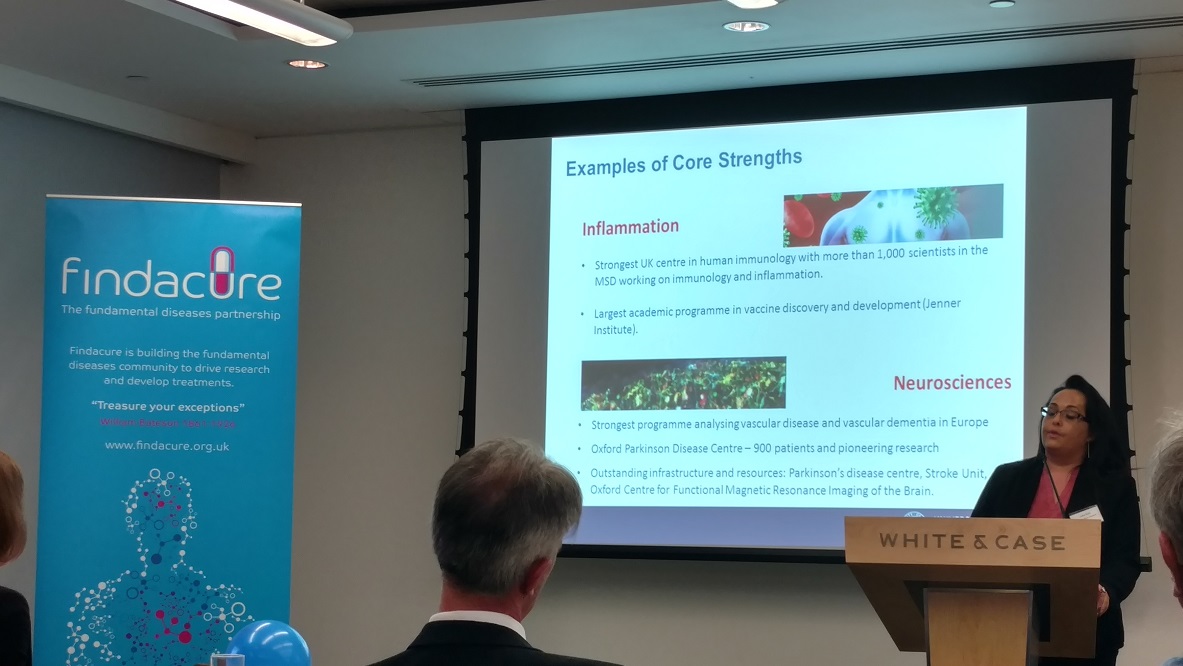How will Brexit affect rare disease research?

The decision to leave the European Union is causing concern across all healthcare disciplines, with few answers to the many questions about where the UK will stand in relation to Europe.
As the fallout continues to develop from last Thursday’s decision, rare disease researchers are discussing how things could shape up.
A day after the referendum, UK rare disease charity Findacure hosted an afternoon workshop entitled “How rare disease patient groups can work with researchers”. Aiming to highlight some of the best examples of patient voice integration into research, case studies presented by the Batten Disease Family Association (BDFA), Cavernoma Alliance UK and the Oxford Rare Disease Initiative were all included in the day’s talks.
The biggest topic of discussion however came during the final Q&A panel discussion where the Brexit and how it might impact rare disease research and European reference networks.
Initial responses from the panel took a reassuring tone. Heather Band, research officer for the Batten Disease Family Association (BDFA), opened the discussion: “In rare disease funding, I think the European Union has done some good and very important things. We’ve had families concerned already today asking ‘does this mean the research will stop?’ – It won’t, it will take at least two years to exit the EU.”
One of the biggest sources of funding for rare disease research in the EU is the Horizon 2020 programme, with the EU putting in 60 million euros over a 3-5 year period.
Dr Jutta Roth, business development manager at the medical sciences division, University of Oxford, echoed Band’s sentiment: “In terms of moving forward, it’s still early days, and nobody knows what’s going to happen. There obviously will be a difference but that’s only something time can tell.”
As the discussion continued however, it was clear there were some concerns over the UK decision: “I think we all know how to work in the system we’re in now and, moving forward, we’re going to have to work out what the new rules are,” said Dr Sara Ellis of the Association of Medical Research Charities (AMRC). “I think it’s a shame for rare diseases because I think the EU has been very beneficial for bringing people together.”
Band also added to the voice of concern: “If you’re not a leader then I really don’t see how you can be a lead in research grants. From that point of view, I think it will make getting rare disease funding harder.”
For a sector that addresses diseases estimated to affect around 3.5 million individuals in the UK, the solution proposed by the panel was one of persistence.
“It is very important for eclectic voices like the rare disease community to make sure that, as we negotiate and re-draw all of the rules, we make sure that our cause doesn’t get lost,” said Dr Ellis.
Flóra Raffai, chair for the panel discussion and executive director of Findacure, summed up: “We’ve been fortunate that we’ve managed to get the UK Rare Disease Strategy through and that means we’ll still have organisations trying to honour that. It’s a pretty big shock on the funding side of things but we’ve been able to build a very strong rare disease voice over recent years, and we won’t let that die just because we’ve left the EU.
As long as we make sure it remains on the agenda, and that politicians are considering us when they’re negotiating Brexit and how it’s going to work, I think we can make sure things will go as brightly as possible.”










